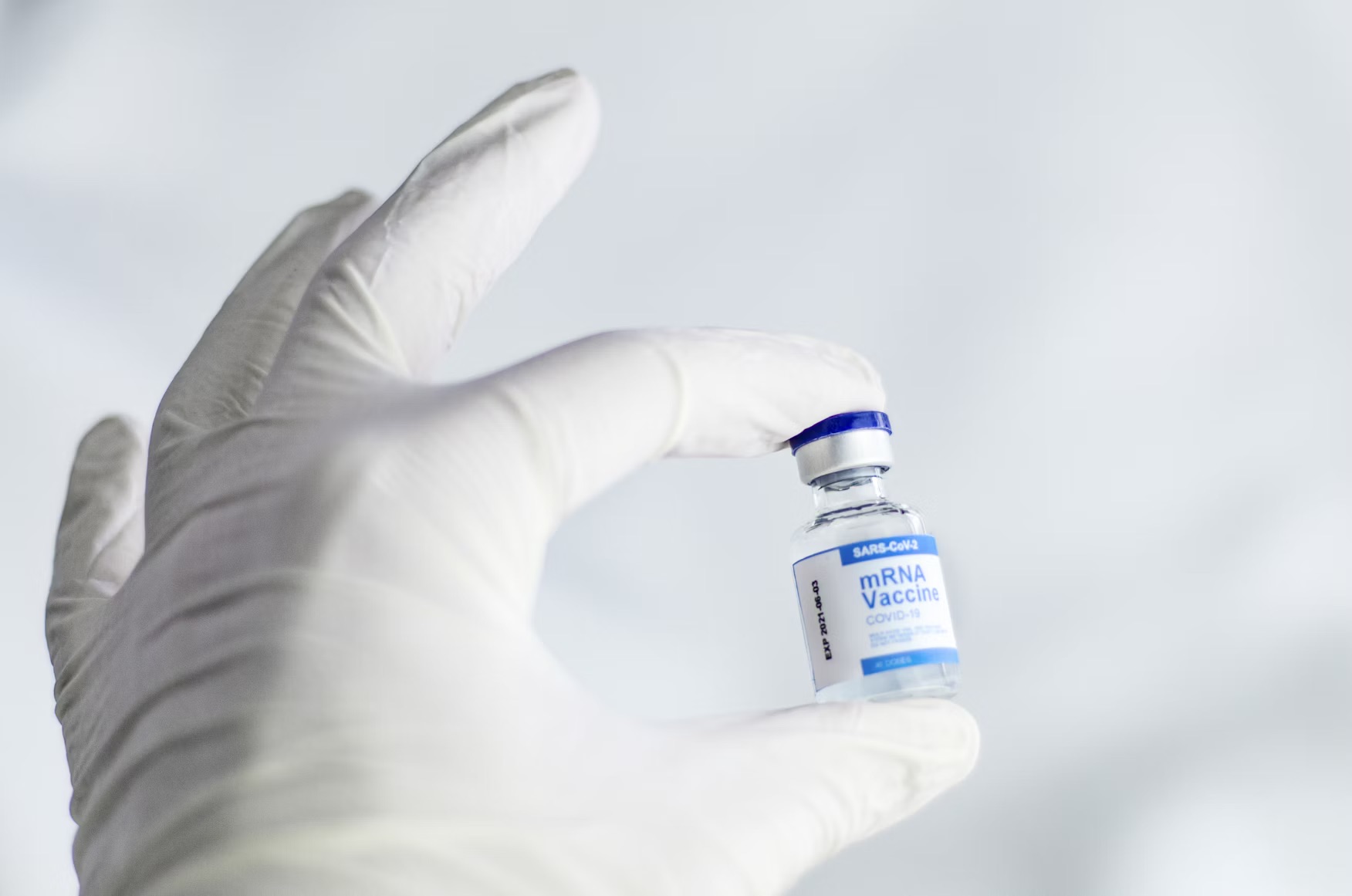
The Trump administration has announced a deal with pharmaceutical giant Pfizer that will allow patients to buy prescription drugs at discounted prices via a new federal government website called TrumpRx. The agreement will see prices for some medicines slashed by up to 85%, according to the White House. This deal is the first of its kind following President Donald Trump’s threat last week of a 100% levy on branded or patented drug imports. The president had sent letters to 17 drug companies in the summer, giving them 60 days to respond to his demands for lower prices, a deadline that expired this week.
Pfizer also agreed to lower prescription drug prices for the state-run Medicaid program, a move that will allow the company to avoid paying the new tariffs. In a press conference, Trump referred to a policy aimed at aligning prices in the U.S. with lower ones abroad. He said, “Pfizer is committing to offer all of their prescription medications to Medicaid, and it will be at the most-favoured nations prices.” He added that he expected more deals with other drug makers to be announced soon.
The Agreement’s Terms and Impact
In a statement on Tuesday, Pfizer said the majority of its primary care drugs would be available on TrumpRx, which is expected to launch in early 2026, though it did not disclose the specific medicines. The company also agreed to invest an additional $70 billion (£52 billion) in U.S. manufacturing, research, and development. Pfizer’s CEO, Albert Bourla, said the company now has “the certainty and stability we need on two critical fronts, tariffs and pricing.” Following the announcement, Pfizer shares rose nearly 7% on Tuesday.
While the deal is a significant step, it is unclear whether Trump’s push will actually bring down prices for all American consumers, since insurance companies and other middlemen also influence costs. Trump conceded that drug prices may rise abroad because of his actions, and Eli Lilly, for example, has said it will raise drug prices in Europe “in order to make them lower” in the U.S.
Author’s Opinion
This deal represents a new and aggressive model for the government’s relationship with the pharmaceutical industry. By using the threat of tariffs as leverage, the Trump administration is effectively forcing companies to negotiate directly on prices and manufacturing. This is a radical departure from past policies and could have a ripple effect across the entire industry. The deal, while it promises lower prices for some, raises questions about the long-term impact on drug development, the role of insurance companies, and the potential for rising prices in other countries to offset these domestic gains. It is a bold, and potentially unpredictable, approach that signals a new era of government intervention in the private sector.
Featured image credit: Spencer Davis via Unsplash
For more stories like it, click the +Follow button at the top of this page to follow us.
